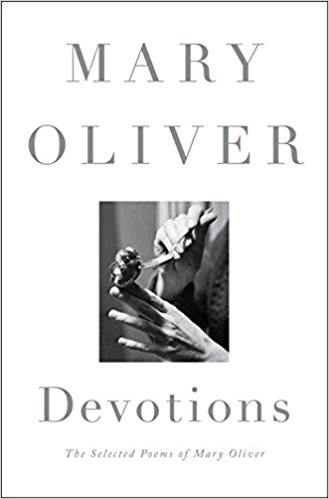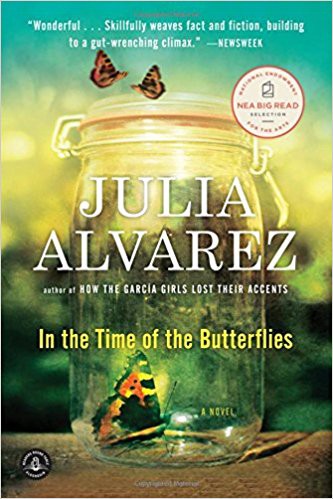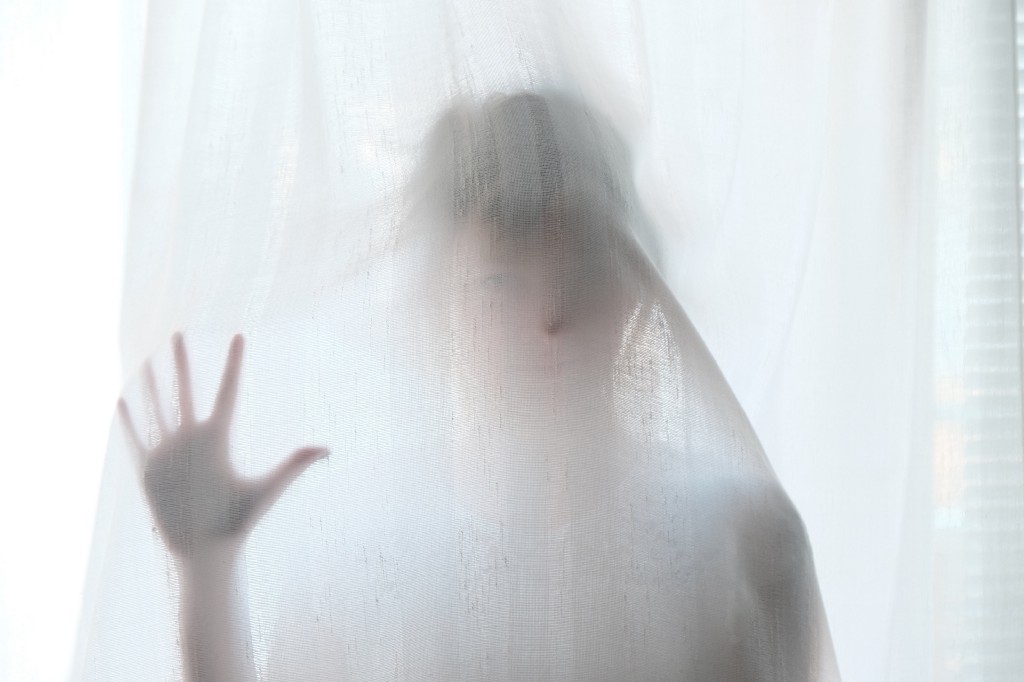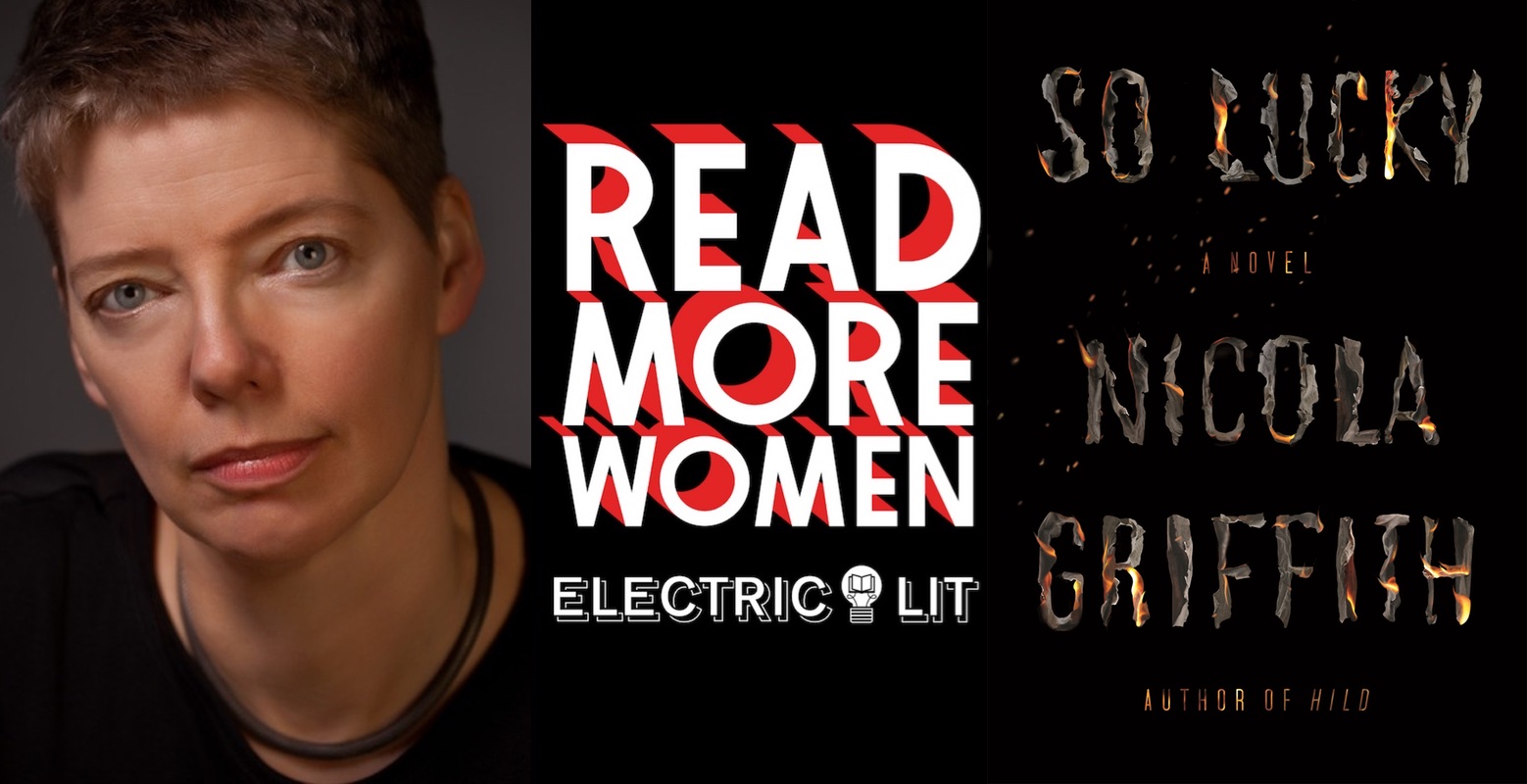Read More Women
Pulitzer Finalist Luis Urrea Recommends Five Books That Aren’t By Men
The author of “The House of Broken Angels” chooses his favorite books by women

Books by women tend to get short shrift overall—they’re less assigned, less reviewed, and priced lower. Specifically, though, books by women get short shrift from men. A recent analysis showed that in The New York Times’s “By the Book” column, male authors recommended books by men four times as often as they recommended books by women. So while it’s fun to find out which women inspired your favorite women writers, we also felt it was important to make sure men participate in our Read More Women series. Everyone needs to read more women and nonbinary authors! Nobody’s off the hook!
We’re delighted to have as our first male participant poet, novelist, essayist, and professor Luis Alberto Urrea, whose novel The Devil’s Highway was a finalist for the 2004 Pulitzer Prize. His latest book, The House of Broken Angels, is a portrait of a Mexican American family in San Diego; Dave Eggers called it “one of the most vivid and engrossing family epics of the last 20 years.”


Linda Hogan, Mean Spirit
Honestly, any one of Linda Hogan’s books is mesmerizing and transformative. But this Chickasaw author’s novel, which was a Pulitzer finalist, tells a story that speaks to our current era of greed and privilege, racism and brute force. It is also funny. And wise to mysteries we all knew, as Linda put it to me, “before we knew what the world thought, when we were seven.” Dealing with white greed and indigenous survival, it is a mysterious epic dealing with “Indian Territories” and the cataclysmic finding of oil under the land. The humor in it is colored with heartache, and is all the more wonderful. I’ll never forget some of the scenes in this book. Or characters like John Stink, who is the nonplussed subject of a funky miracle. Linda said, “What you readers call magical realism, we call realism.” It should have won the award that year.

Ursula K. LeGuin, The Earthsea Trilogy
Wait! I know what you’re probably thinking: for this list, the choice should be The Left Hand of Darkness. Yes. No argument here — read that too. Please. Her gender-bending classic of science fiction went places I think the world has yet to catch up to. It was sheer genius. But Earthsea is a series, so you’ll get several books out of it. All, in my opinion, one large epic. So I see it as a vast novel. And it can change your perception of the world, and of how nature and the divine might work. And had-ass dragons! Forget about the Khaleesi. What seemed then, and seems now, so awesome about this series is the magisterial vision, the utter world-making, the deep understanding of ritual and what we weakly call magic. This was a work to stand beside all those boys’ adventures so full of orcs and Led Zeppelin lyrics from a fierce, fearless writer who would not be placed in a box. Did I say beside those books? In my opinion, it crushes them all.

May Sarton, Journal of a Solitude
This was my mother’s favorite book. She was living a long solitude, and May Sarton guided her through it. Of course, this is a book about more than simple alone time. It’s not about just-doing-you. It is a fierce reckoning with oneself, with aging, with gender, with sexuality, and with writing itself. I have re-read it every few years. It always shows me something heart-changing. It also launched the string of power-bombs Ms. Sarton wrote as she chronicled her movement through old age and into deep old age. Vital books. Great companions. No fluff. No phony jargon. Just words and honesty fit for the rugged Maine coast where she made this long final journey.

Mary Oliver, Devotions
Oh, Mary. People say, “But I don’t read poems.” Or like poems. Or get poems. You know, when I was first in love with my wife, and I didn’t have a cent, I would walk around the big used bookstore in Tucson with her. And I’d grab a Mary Oliver book, and we’d sit in the aisle, and I’d read the poems to her. Every time I read Mary Oliver, I learn how to live just a little more. I submit this wonderful selection to you, only because I cannot list every one of her books here. Start anywhere; go everywhere. “Listen —” Mary once wrote, “are you breathing just a little, and calling it a life?”

Julia Alvarez, In the Time of the Butterflies
Without Julia Alvarez — as inspiration, mentor and trailblazer — many of us in the Latinx literary community wouldn’t exist. I admire all her work, but this searing epic, based on true history, is the Dominican Republic’s great work of witness. If you love a big, juicy, literate novel with real characters and fierce women fighting the power of dictatorship and oppression, this is for you. Yes, it was made into a film, but read the book. It is heroic.









